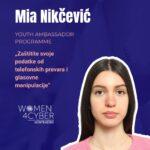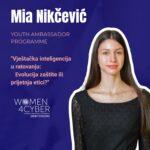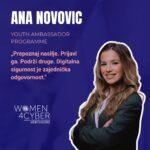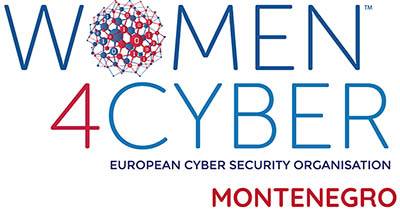At the conference “Digital Violence Is Not Invisible,” the results of the first national DeShame study in Montenegro were presented. The research was conducted by the NGO Center for a Safer Internet, with support from the Ministry of Education, Science and Innovation and in partnership with the company M:tel.
The study included 510 first- and third-year students from seven high schools across Montenegro, and the results are alarming:
Every second high school student has received sexual content from an unknown person.
When experiencing online harassment, young people most often seek help from friends and parents, while a third would turn to the police, and only 15% would reach out to teachers.
The national coordinator of the research, Ena Grbović, emphasized that such data confirms the serious and long-term consequences of digital violence, and that joint education of parents, youth, and professionals must be a priority.
Institutional representatives highlighted that the research provides a foundation for improving policies, strengthening the legislative framework, and developing effective protection mechanisms. Particular emphasis was placed on the need to align with European standards through the Digital Services Act (DSA) to create a safer digital space for all.
Women4Cyber Montenegro and CybHER participant Teodora Kovačević attended the conference, supporting efforts to combat digital violence and stressing the importance of prevention through education and youth empowerment.
